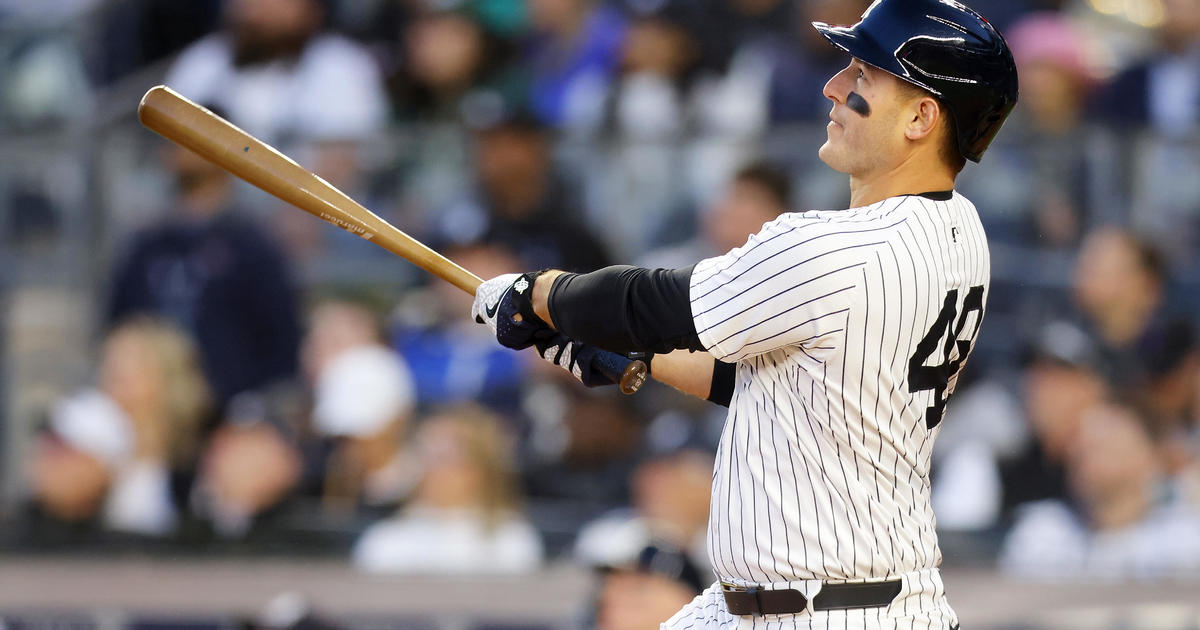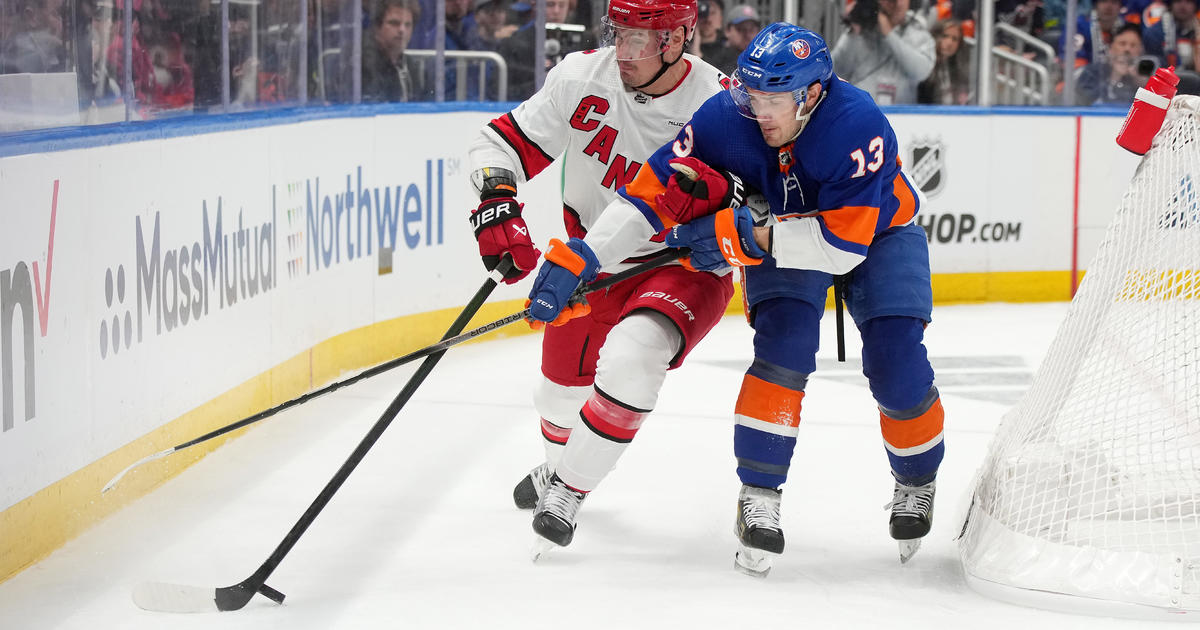Jared Max: We Should Be Excited About Future Of Sports Consumption
By Jared Max
» More Columns
Remember when you had to go to Sam Goody to pay $16.99 for a CD to gain the power of listening at leisure to one or two songs? That was eons ago. Today, we live in a Greatest Hits era.
We select our favorite songs for purchase. Soon, we may get to choose which select sporting events we pay to watch. Soon, we might be able to call our cable and satellite providers to say goodbye because, in addition to being able to watch the greatest TV hits through less expensive offerings like Apple TV and Netflix, we will be able to consume our sports the same way.
Inspired by a Sports Illustrated article I read Friday, I was brought back to thoughts I had over 30 years ago.
When I was in third grade, my class was assigned a project to create a futuristic product. While my drawing skills didn't actualize much beyond elementary stages, a vision I transferred into a chicken-scratch design of a TV remote control proved to be prophetic. At the time, my futuristic remote looked gargantuan; it was two to three times larger than anything we had at home, yet equally approximate in size to my current FiOS TV wireless controller.
Like the same raised, soft-touch buttons to manipulate power, volume and digits one to nine, my remote control had small helmets for each of the NFL's 28 teams. I included an extension button which led to helmets or logos for our other pro teams. The concept was simple: press the button of a desired team, and the game appeared on TV.
Today's remote control might not be as cumbersome as the one I designed, but its power is nearing equality. Still, before we reach the next wave of consuming sports, great changes by many are needed.
Everybody has to figure out a way for those who produce our shows to be compensated fairly, while consumers get a better deal, networks keep their brand names attached to the programming they paid for and advertisers lose no value in communicating their messages -- be it on a billboard or a scoreboard.
Question: Will we reach a time when professional athletes get paid by a conglomerate? Might Odell Beckham's future contracts be made with a group comprised of the Giants, the NFL and it broadcast partners, advertisers and merchandisers
"THIS SHOW WAS FILMED BEFORE A LIVE AUDIENCE"
Aside from the ambient noise of the fans and occasional image from the stands that tells a story, is a live crowd critical? Could crowd noise become sports TV's version of a sitcom laugh track? If the video broadcast is what's most essential to generating maximum dollars (to pay owners, players, team personnel and TV networks), does it matter if an audience is present to witness what gets transmitted to millions for the purpose of generating billions?
People used to say regularly, "How much higher can these contracts go?" We don't hear this much anymore. It seems it's been a long time since we questioned how two plus two equals 4. Nowadays, we hear people ask, "How can the owners keep giving these $100+ million contracts when so fewer fans are attending games because the cost is too high?"
Because most, I imagine, agree that watching sports on TV is a better experience than having to deal with the baggage that comes with attending live events (costs of tickets, parking and concessions, traffic to and from). I wonder how much longer it will be before games are not deemed necessary to be played before live audiences inside 80,000-seat luxury-liner stadiums. Man, what a bummer! Talk about bad timing.
Is the modern era of executive-stadium suites in the process of becoming extinct, while still in construction?
TV GUIDE? I PROGRAM MY SHOWS FROM MY IPHONE
When I was in grade school, my mother allowed me to stay up past my bedtime on Mondays, Wednesdays and Thursdays so I could watch my favorite TV shows. Mondays at 9:00: Howard Cosell and the NFL. Wednesdays and Thursdays at 9:00 and 9:30: "Diff'rent Strokes" and "The Facts of Life."
We didn't have a video recorder yet. It didn't matter. Watching the shows when they premiered was paramount. When we got our first VCR and recorded our favorites like "ALF" and HBO's R-rated football sitcom, "1st & Ten," we still watched the shows as they were broadcast live. The purpose of recording was to preserve the shows, not our free time. My brother and I fought over who could execute better timing in simultaneously hitting the play and record buttons so that the finished product began with the network animation two seconds prior to the show open.
Back in the day, we watched our favorite episodes over and over. The VHS tapes became so worn out that the quality of the recordings grew worse over time. But we still watched them. Today, I cannot recall going for seconds on any saved program.
Times change. Our habits adapt.
VHS tapes were replaced by DVDs and Blu-ray Discs. Audio distribution was fast-forwarded from cassettes to compact discs. Now, every physical medium is virtually irrelevant; most have taken form as matter inside digital clouds.
Even I -- a certifiable, diehard fanatic of the rock group Rush for 30-plus years and a collector of the band's music (albums, cassettes, CDs, VHS tapes, DVDs, Blu-rays) -- have lost my compulsion to acquire every compilation released in a physical form. In the extremely rare event that I don't own a copy of the content, I can find it on YouTube. While I will still purchase a new Rush album in physical form (because not doing so would be sacrilegious and disrespectful to my collection cured over decades), my disposable income spent on the band is for concert tickets and memorabilia -- T-shirts, books, bumper stickers, etc.
Like professional musicians who have had to decide between swimming (by touring and merchandising) or sinking (in CD and MP3 sales), our sports market is amidst a paradigm shift, forcing some to fear how they will be able to survive. Don't worry.
As I have told colleagues and radio naysayers for years, people won't lose their thirst for audio broadcasts; they will find a new medium by which to consume it. Our jobs are safe. Whew! So are those who earn their livings from sports television -- be it athletes, network executives, broadcasters or production assistants.
As fans, we should be very excited about the future of our sports consumption. My third-grade remote control is coming to life. How much longer will we have to wait before we use the same device to order a live Knicks/Nets broadcast, episode four of season six of "ALF" and a sesame chicken combination platter?
Soon, I hope. We're getting hungrier.
Jared Max is a multi-award winning sportscaster. He hosted a No. 1 rated New York City sports talk show, "Maxed Out" — in addition to previously serving as longtime Sports Director at WCBS 880, where he currently anchors weekend sports. Follow and communicate with Jared on Twitter @jared_max.
You May Also Be Interested In These Stories



